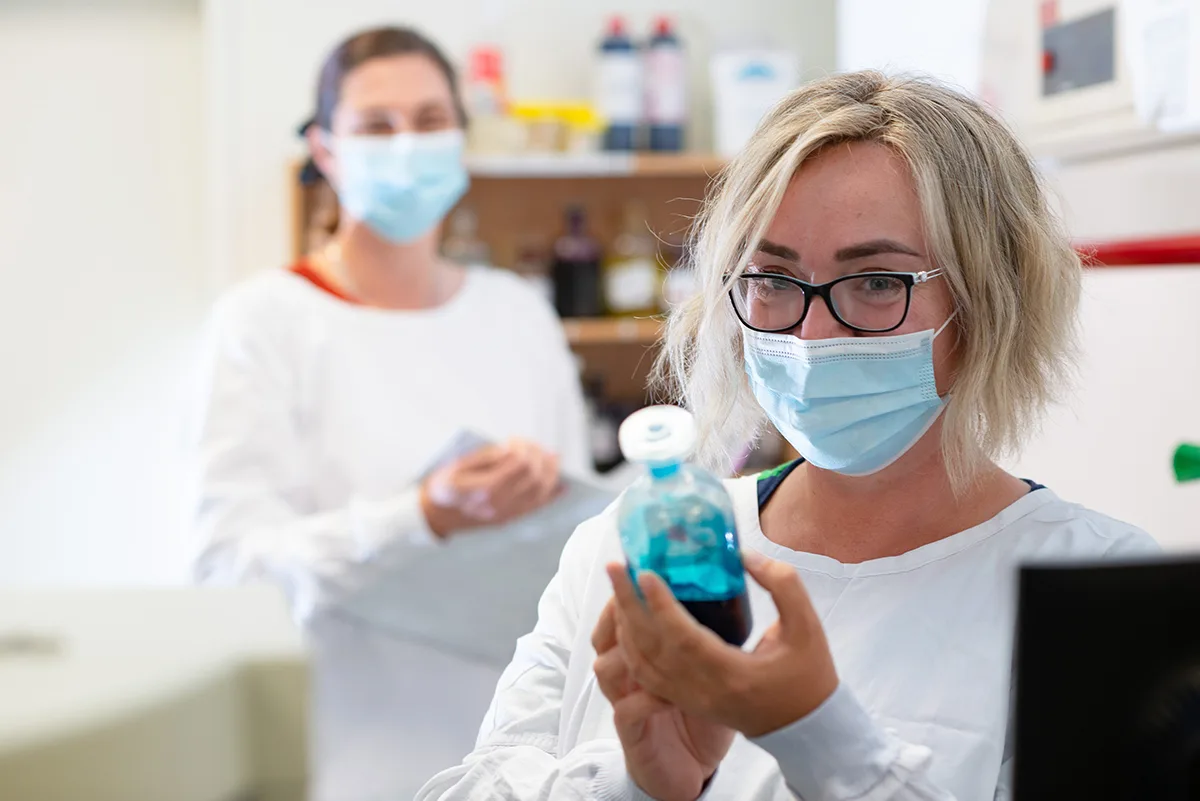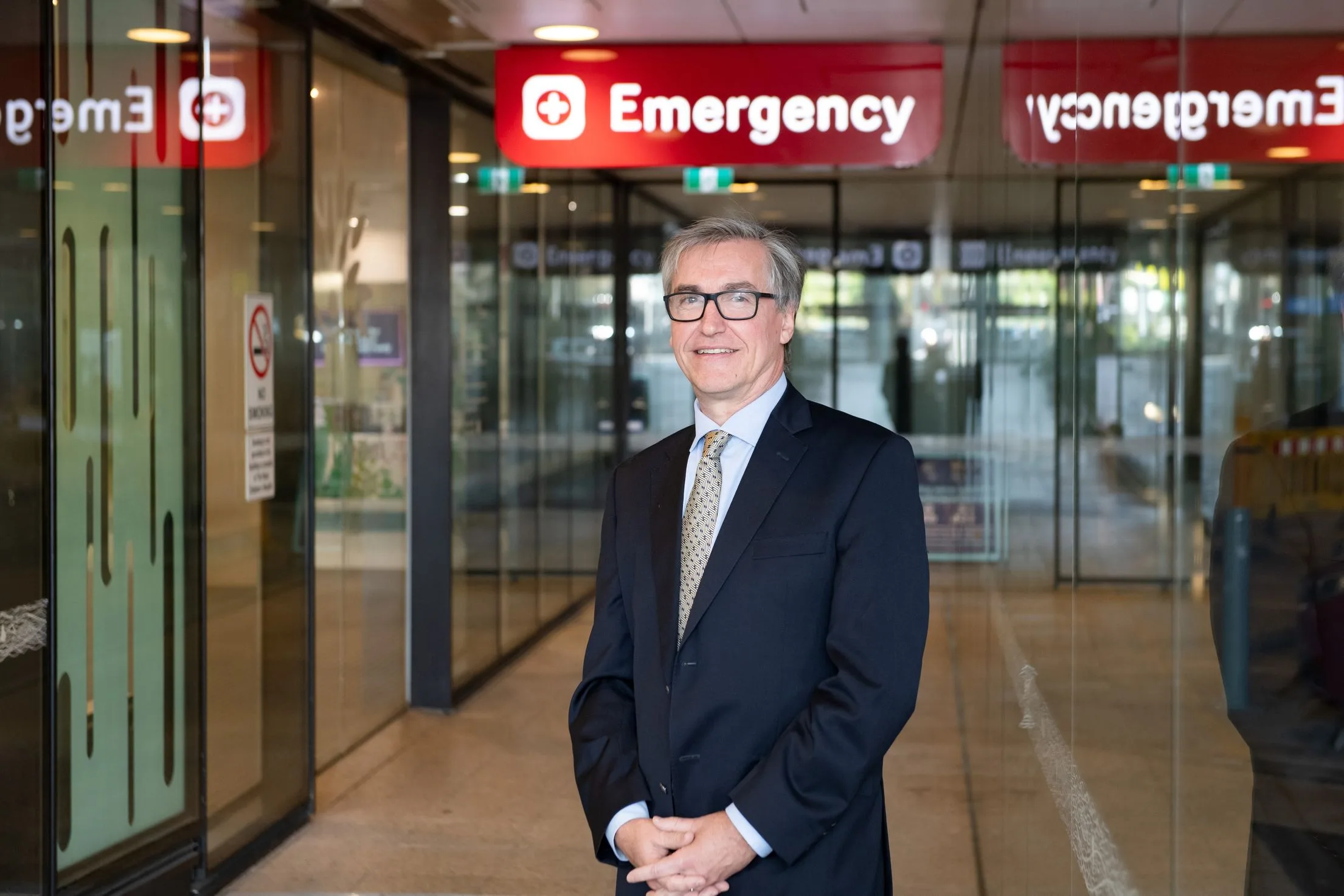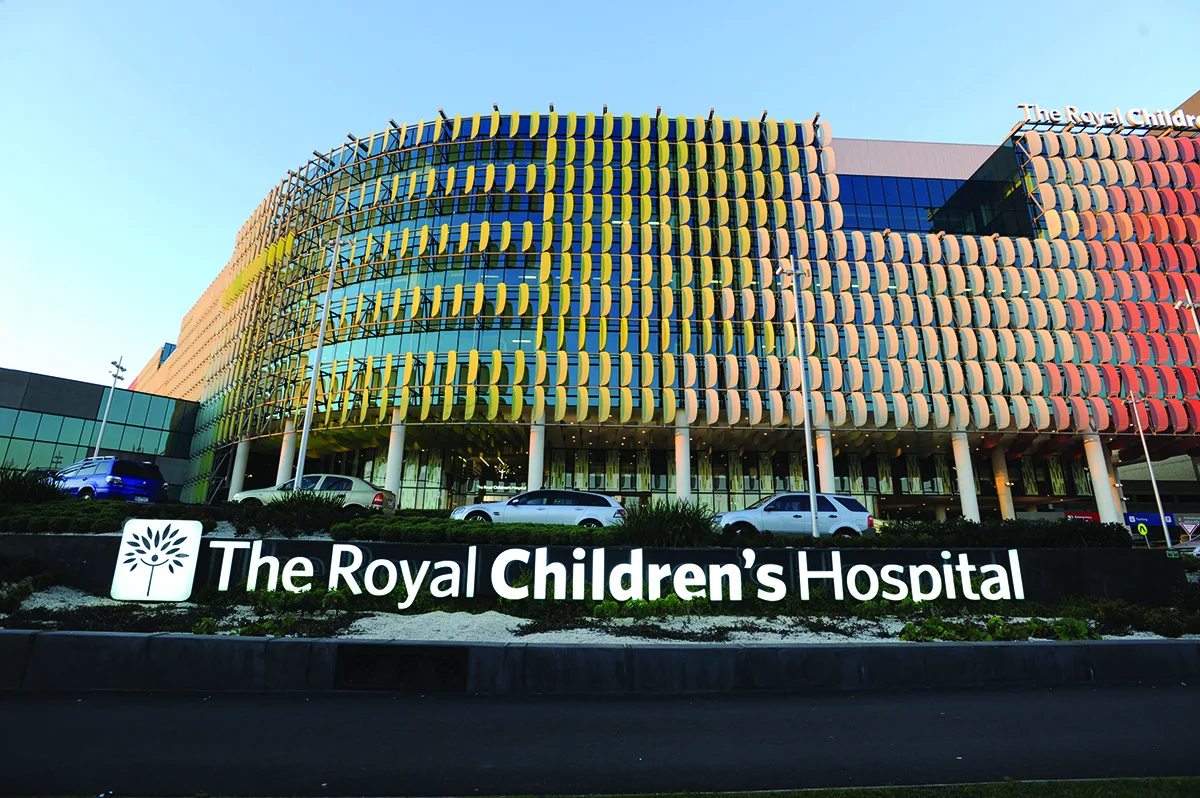
Type 1 Diabetes Immunotherapy Program at MCRI/RCH
Type 1 diabetes is diagnosed in two to three children per week at The Royal Children’s Hospital (RCH) and is currently incurable. However, thanks to the support of the Good Friday Appeal, a science and research program conducted by the Murdoch Children’s Research Institute (MCRI) and the RCH is offering new hope.
Type 1 diabetes is diagnosed in two to three children per week at The Royal Children’s Hospital (RCH) and is currently incurable. However, thanks to the support of the Good Friday Appeal, a science and research program conducted by the Murdoch Children’s Research Institute (MCRI) and the RCH is offering new hope.
Now in its fourth year, the program which also works closely with the Australasian Type 1 Diabetes Immunotherapy Collaborative, is investigating immune-based therapies to both prevent and treat type 1 diabetes in existing patients. This important trial aims to improve developmental outcomes, quality of life and mental health outcomes while reducing suffering and mortality rates.
Type 1 diabetes is one of the largest disease groups within the hospital. It is also currently incurable. Despite current therapies, it predisposes affected individuals to adverse kidney, nerve, eye, heart and brain outcomes and is also associated with a high mental health burden for patients and their parents.
The RCH and Murdoch Children’s Research Institute (MCRI) are working together to develop the Type 1 Diabetes Immunology Program, in a collaborative effort with the Australasian Type 1 Diabetes Immunotherapy Collaborative.
This program will involve a specialist research centre, designed to understand and treat type 1 diabetes.
It will leverage immune-based therapies and recent breakthroughs in the field, to implement new therapies that come from the area of stem cells, immunology or a combination of both. The program has the potential to radically change the outcomes of children and adolescents with the type 1 diabetes. It can reduce morbidity and mortality rates and improve quality of life and mental health outcomes as well as developmental outcomes.






